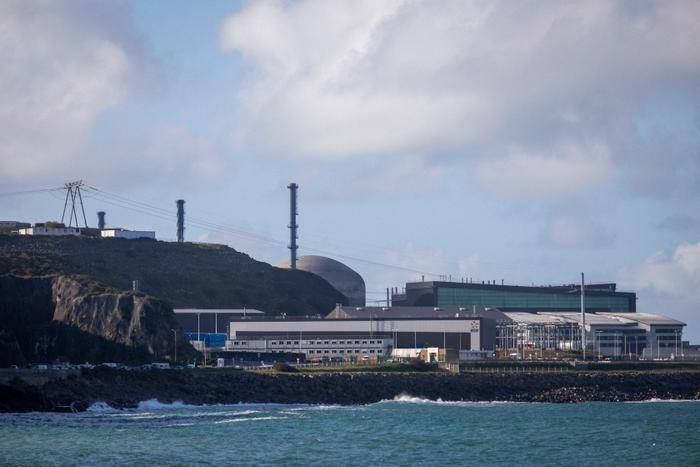France's Newest Nuclear Reactor, Flamanville 3, Successfully Connects to Grid After 17-Year Construction Period
In a significant milestone for France's nuclear energy program, the country's newest and most powerful nuclear reactor, Flamanville 3, has successfully connected to the grid after a 17-year construction period. The reactor, located at the Flamanville Nuclear Power Plant in Normandy, is expected to play a crucial role in meeting France's energy demands while reducing its carbon footprint.
The connection of Flamanville 3 to the grid marks the culmination of a long and complex construction process that began in 2007. The project, which was initially expected to take around 5 years to complete, faced numerous delays and setbacks due to technical issues and regulatory hurdles.
Despite the challenges, the successful connection of Flamanville 3 to the grid is a major achievement for France's nuclear energy industry. The reactor is expected to generate 1,650 megawatts of electricity, making it one of the most powerful nuclear reactors in the world.
"The connection of Flamanville 3 to the grid is a major milestone for our company and for the French nuclear energy industry," said Jean-Bernard Lévy, CEO of EDF, the state-owned utility company that operates the Flamanville Nuclear Power Plant. "This new reactor will play a crucial role in meeting France's energy demands while reducing our carbon footprint."
Flamanville 3 is a European Pressurized Reactor (EPR), a third-generation nuclear reactor design that is considered to be one of the safest and most efficient in the world. The reactor features a number of advanced safety systems, including a double containment structure and a cooling system that can operate without electricity.
The connection of Flamanville 3 to the grid is expected to have a significant impact on France's energy landscape. The reactor will help to reduce the country's reliance on fossil fuels and lower its greenhouse gas emissions. It will also provide a reliable source of electricity to meet the country's growing energy demands.
"Flamanville 3 is a major step forward for France's energy transition," said Agnès Pannier-Runacher, France's Minister of Energy. "This new reactor will help us to reduce our carbon footprint and meet our climate goals while ensuring the security of our energy supply."
The successful connection of Flamanville 3 to the grid is also a significant achievement for the French nuclear energy industry, which has faced numerous challenges in recent years. The industry has been impacted by a number of factors, including declining public support for nuclear energy, rising costs, and increased competition from renewable energy sources.
Despite these challenges, the French nuclear energy industry remains one of the largest and most advanced in the world. France generates around 70% of its electricity from nuclear power, making it one of the most nuclear-reliant countries in the world.
The connection of Flamanville 3 to the grid is a major boost for the French nuclear energy industry, demonstrating its ability to deliver complex and challenging projects. It also highlights the importance of nuclear energy in meeting France's energy demands and reducing its carbon footprint.
As France continues to transition to a low-carbon economy, the role of nuclear energy is likely to remain significant. The country has set ambitious targets to reduce its greenhouse gas emissions and increase its use of renewable energy sources. However, nuclear energy is expected to remain a major part of the country's energy mix for the foreseeable future.
In conclusion, the successful connection of Flamanville 3 to the grid is a major achievement for France's nuclear energy industry and a significant step forward for the country's energy transition. The reactor is expected to play a crucial role in meeting France's energy demands while reducing its carbon footprint. As France continues to transition to a low-carbon economy, the role of nuclear energy is likely to remain significant.


